[Anchor]
The U.S. reciprocal tariff grace period is set to expire in just one week.
If no agreement is reached or the grace period isn’t extended, starting from the 9th, all Korean exports to the U.S. will face a 25% tariff.
This rate is lower than what Vietnam faces but higher than that imposed on Japan or the EU.
The U.S. government has stated it plans to finalize agreements with certain countries and then categorize others accordingly.
So far, the U.K. is the only country to have reached a deal. Taiwan and Indonesia are reportedly close to an agreement.
President Trump is pressuring trade partners, warning that even those negotiating in good faith may still face unilateral tariff hikes.
Here’s KBS correspondent Kim Ji-sook from Washington.
[Report]
With trade talks stalling, President Trump has now zeroed in on Japan.
He criticized Japan for refusing to import American rice despite facing domestic shortages and said he would be sending an official letter to Tokyo.
While the contents of the letter haven’t been disclosed, it’s seen as a move to pressure Japan into opening its rice market and increase the U.S.’s negotiating leverage.
The U.S. has also flagged Korea’s rice market as a non-tariff barrier, raising concerns that Korea may be the next target.
Even as negotiations continue with major trade partners, the White House has reiterated that it could unilaterally set and announce tariff rates this week.
[Karoline Leavitt / White House Spokesperson: "He said he did not think that it would be necessary. He is going to set the rates for many of these countries if they don't come to the table to negotiate in good faith."]
The Treasury Secretary leading the negotiations also warned that if an agreement is not reached by July 8, high tariffs will be enforced.
[Scott Bessent / U.S. Treasury Secretary: "If we can't get across the line because they are being recalcitrant, then we could spring back to the April 2 levels."]
The Trump administration’s mention of unilaterally announcing tariffs is pressure to bring terms favorable to the U.S. before it’s too late.
Our government is trying to persuade the U.S. by emphasizing cooperation in manufacturing sectors such as shipbuilding.
This is Kim Ji-sook, KBS News, Washington.
The U.S. reciprocal tariff grace period is set to expire in just one week.
If no agreement is reached or the grace period isn’t extended, starting from the 9th, all Korean exports to the U.S. will face a 25% tariff.
This rate is lower than what Vietnam faces but higher than that imposed on Japan or the EU.
The U.S. government has stated it plans to finalize agreements with certain countries and then categorize others accordingly.
So far, the U.K. is the only country to have reached a deal. Taiwan and Indonesia are reportedly close to an agreement.
President Trump is pressuring trade partners, warning that even those negotiating in good faith may still face unilateral tariff hikes.
Here’s KBS correspondent Kim Ji-sook from Washington.
[Report]
With trade talks stalling, President Trump has now zeroed in on Japan.
He criticized Japan for refusing to import American rice despite facing domestic shortages and said he would be sending an official letter to Tokyo.
While the contents of the letter haven’t been disclosed, it’s seen as a move to pressure Japan into opening its rice market and increase the U.S.’s negotiating leverage.
The U.S. has also flagged Korea’s rice market as a non-tariff barrier, raising concerns that Korea may be the next target.
Even as negotiations continue with major trade partners, the White House has reiterated that it could unilaterally set and announce tariff rates this week.
[Karoline Leavitt / White House Spokesperson: "He said he did not think that it would be necessary. He is going to set the rates for many of these countries if they don't come to the table to negotiate in good faith."]
The Treasury Secretary leading the negotiations also warned that if an agreement is not reached by July 8, high tariffs will be enforced.
[Scott Bessent / U.S. Treasury Secretary: "If we can't get across the line because they are being recalcitrant, then we could spring back to the April 2 levels."]
The Trump administration’s mention of unilaterally announcing tariffs is pressure to bring terms favorable to the U.S. before it’s too late.
Our government is trying to persuade the U.S. by emphasizing cooperation in manufacturing sectors such as shipbuilding.
This is Kim Ji-sook, KBS News, Washington.
■ 제보하기
▷ 카카오톡 : 'KBS제보' 검색, 채널 추가
▷ 전화 : 02-781-1234, 4444
▷ 이메일 : kbs1234@kbs.co.kr
▷ 유튜브, 네이버, 카카오에서도 KBS뉴스를 구독해주세요!
- Tariff exemption ends soon
-
- 입력 2025-07-02 00:31:01
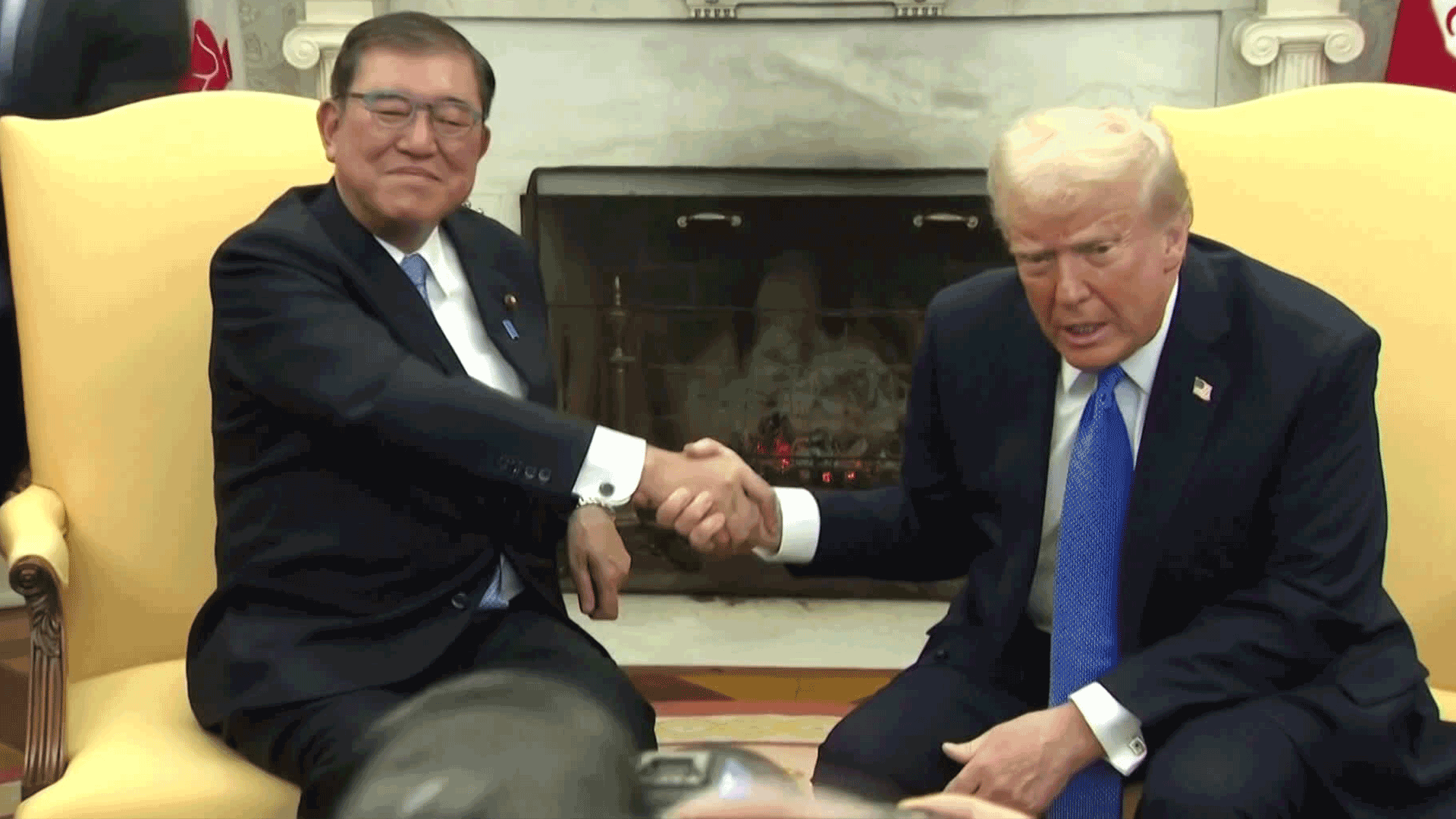
[Anchor]
The U.S. reciprocal tariff grace period is set to expire in just one week.
If no agreement is reached or the grace period isn’t extended, starting from the 9th, all Korean exports to the U.S. will face a 25% tariff.
This rate is lower than what Vietnam faces but higher than that imposed on Japan or the EU.
The U.S. government has stated it plans to finalize agreements with certain countries and then categorize others accordingly.
So far, the U.K. is the only country to have reached a deal. Taiwan and Indonesia are reportedly close to an agreement.
President Trump is pressuring trade partners, warning that even those negotiating in good faith may still face unilateral tariff hikes.
Here’s KBS correspondent Kim Ji-sook from Washington.
[Report]
With trade talks stalling, President Trump has now zeroed in on Japan.
He criticized Japan for refusing to import American rice despite facing domestic shortages and said he would be sending an official letter to Tokyo.
While the contents of the letter haven’t been disclosed, it’s seen as a move to pressure Japan into opening its rice market and increase the U.S.’s negotiating leverage.
The U.S. has also flagged Korea’s rice market as a non-tariff barrier, raising concerns that Korea may be the next target.
Even as negotiations continue with major trade partners, the White House has reiterated that it could unilaterally set and announce tariff rates this week.
[Karoline Leavitt / White House Spokesperson: "He said he did not think that it would be necessary. He is going to set the rates for many of these countries if they don't come to the table to negotiate in good faith."]
The Treasury Secretary leading the negotiations also warned that if an agreement is not reached by July 8, high tariffs will be enforced.
[Scott Bessent / U.S. Treasury Secretary: "If we can't get across the line because they are being recalcitrant, then we could spring back to the April 2 levels."]
The Trump administration’s mention of unilaterally announcing tariffs is pressure to bring terms favorable to the U.S. before it’s too late.
Our government is trying to persuade the U.S. by emphasizing cooperation in manufacturing sectors such as shipbuilding.
This is Kim Ji-sook, KBS News, Washington.
The U.S. reciprocal tariff grace period is set to expire in just one week.
If no agreement is reached or the grace period isn’t extended, starting from the 9th, all Korean exports to the U.S. will face a 25% tariff.
This rate is lower than what Vietnam faces but higher than that imposed on Japan or the EU.
The U.S. government has stated it plans to finalize agreements with certain countries and then categorize others accordingly.
So far, the U.K. is the only country to have reached a deal. Taiwan and Indonesia are reportedly close to an agreement.
President Trump is pressuring trade partners, warning that even those negotiating in good faith may still face unilateral tariff hikes.
Here’s KBS correspondent Kim Ji-sook from Washington.
[Report]
With trade talks stalling, President Trump has now zeroed in on Japan.
He criticized Japan for refusing to import American rice despite facing domestic shortages and said he would be sending an official letter to Tokyo.
While the contents of the letter haven’t been disclosed, it’s seen as a move to pressure Japan into opening its rice market and increase the U.S.’s negotiating leverage.
The U.S. has also flagged Korea’s rice market as a non-tariff barrier, raising concerns that Korea may be the next target.
Even as negotiations continue with major trade partners, the White House has reiterated that it could unilaterally set and announce tariff rates this week.
[Karoline Leavitt / White House Spokesperson: "He said he did not think that it would be necessary. He is going to set the rates for many of these countries if they don't come to the table to negotiate in good faith."]
The Treasury Secretary leading the negotiations also warned that if an agreement is not reached by July 8, high tariffs will be enforced.
[Scott Bessent / U.S. Treasury Secretary: "If we can't get across the line because they are being recalcitrant, then we could spring back to the April 2 levels."]
The Trump administration’s mention of unilaterally announcing tariffs is pressure to bring terms favorable to the U.S. before it’s too late.
Our government is trying to persuade the U.S. by emphasizing cooperation in manufacturing sectors such as shipbuilding.
This is Kim Ji-sook, KBS News, Washington.
-
-

김지숙 기자 jskim84@kbs.co.kr
김지숙 기자의 기사 모음
-
이 기사가 좋으셨다면
-
좋아요
0
-
응원해요
0
-
후속 원해요
0










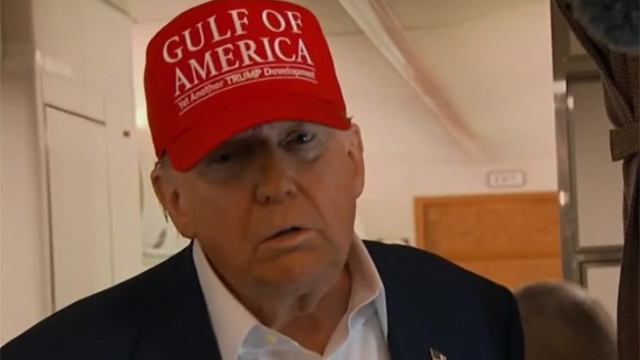
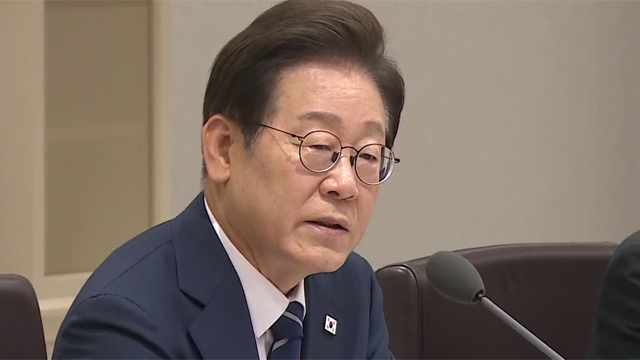
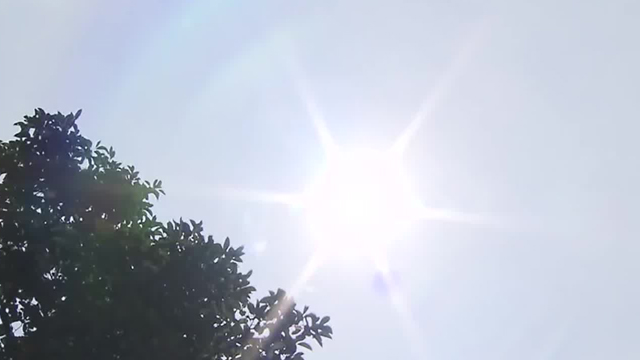
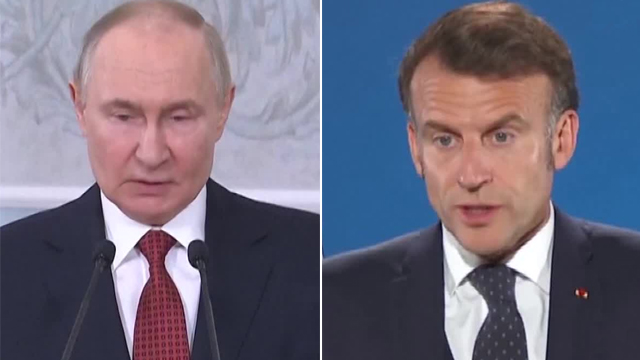

이 기사에 대한 의견을 남겨주세요.